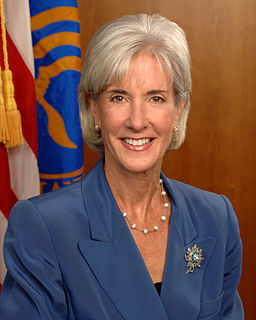A Quote by Helene D. Gayle
At CARE, a leading humanitarian organization, we recognize people live their lives in a holistic manner. Issues such as health care, education and economic empowerment cannot be addressed in a vacuum. Thus, effective programs need to tackle the multiple root causes of poverty.
Related Quotes
One of the things we need to do is address mental health care as an integral part of primary care. People often aren't able to navigate a separate system, so you see successful models where a primary care physician is able to identify, diagnose, and concurrently help people get mental health treatment who have mental health issues.
Furthermore, we believe that health care reform, again I said at the beginning of my remarks, that we sent the three pillars that the President's economic stabilization and job creation initiatives were education and innovation - innovation begins in the classroom - clean energy and climate, addressing the climate issues in an innovative way to keep us number one and competitive in the world with the new technology, and the third, first among equals I may say, is health care, health insurance reform.
If you take a look at the breaches of rights, whether it's the underfunding of education or health care, and all these issues which accentuate the poverty of Canada's indigenous people, and the lack of reaction to them - it becomes clear that if Canadians understood what's at stake, they wouldn't stand for it.
There's a big difference between France and the U.S. In the U.S., immigrants must work to live. In France, they're taken care of by public finances. In France, there are millions of unemployed people already. We cannot house them, give them health care, education... finance people who keep coming and coming.





































